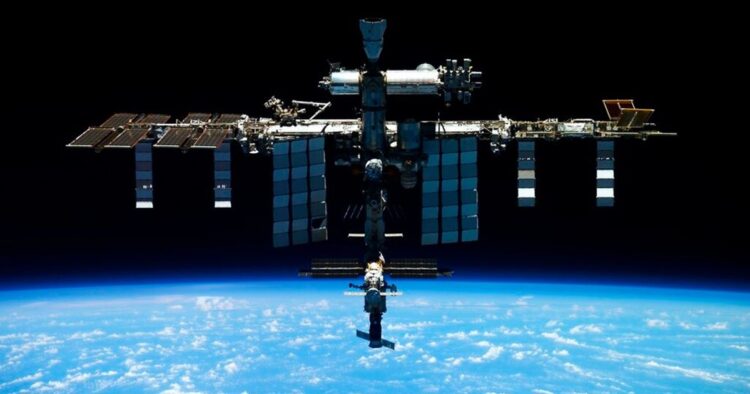In a significant move, the Russian and US space agencies have agreed to extend their collaboration on the International Space Station (ISS) until at least 2025. The decision was announced by Russian corporation Roscosmos, highlighting the commitment to continue joint efforts despite geopolitical tensions.
Maintaining Cross-Flights for Collaboration
The collaboration involves cross-flights, where crews from different nationalities share a spacecraft. This aspect of space exploration has become a rare area of cooperation between Moscow and Washington, especially in the wake of Russia’s military involvement in Ukraine. The agreement aims to uphold the reliability of the ISS as a whole and ensure the presence of at least one representative from Roscosmos on the Russian segment and one from NASA on the American segment.
Background and Significance of ISS Cooperation
The International Space Station, launched in 1998, symbolized increased cooperation between the United States and Russia after the Cold War’s Space Race. Although ISS partners, including the United States, Russia, Europe, Canada, and Japan, were initially committed to operating the space laboratory until 2024, there have been expressions of interest in extending its lifespan until 2030.
Continued Commitment to ISS Operation
While the official commitment from ISS partners is until 2024, both the United States and Russia have expressed their intent to prolong the station’s operation. US officials have openly stated their desire to continue ISS activities until 2030, emphasizing the importance of the station in advancing scientific research and international collaboration in space.
Russia’s Reversal on ISS Plans
In April, Russia announced a change in its initial plan to exit the ISS after 2024, now intending to utilize the orbiting laboratory until 2028. This decision aligns with the latest agreement and reinforces Russia’s commitment to maintaining a presence on the ISS.
In conclusion, the extension of collaboration between the Russian and US space agencies until 2025 underscores the enduring partnership in space exploration despite political challenges. The decision not only secures the future of the ISS but also highlights the shared commitment to advancing scientific endeavors beyond terrestrial boundaries.

















Comments